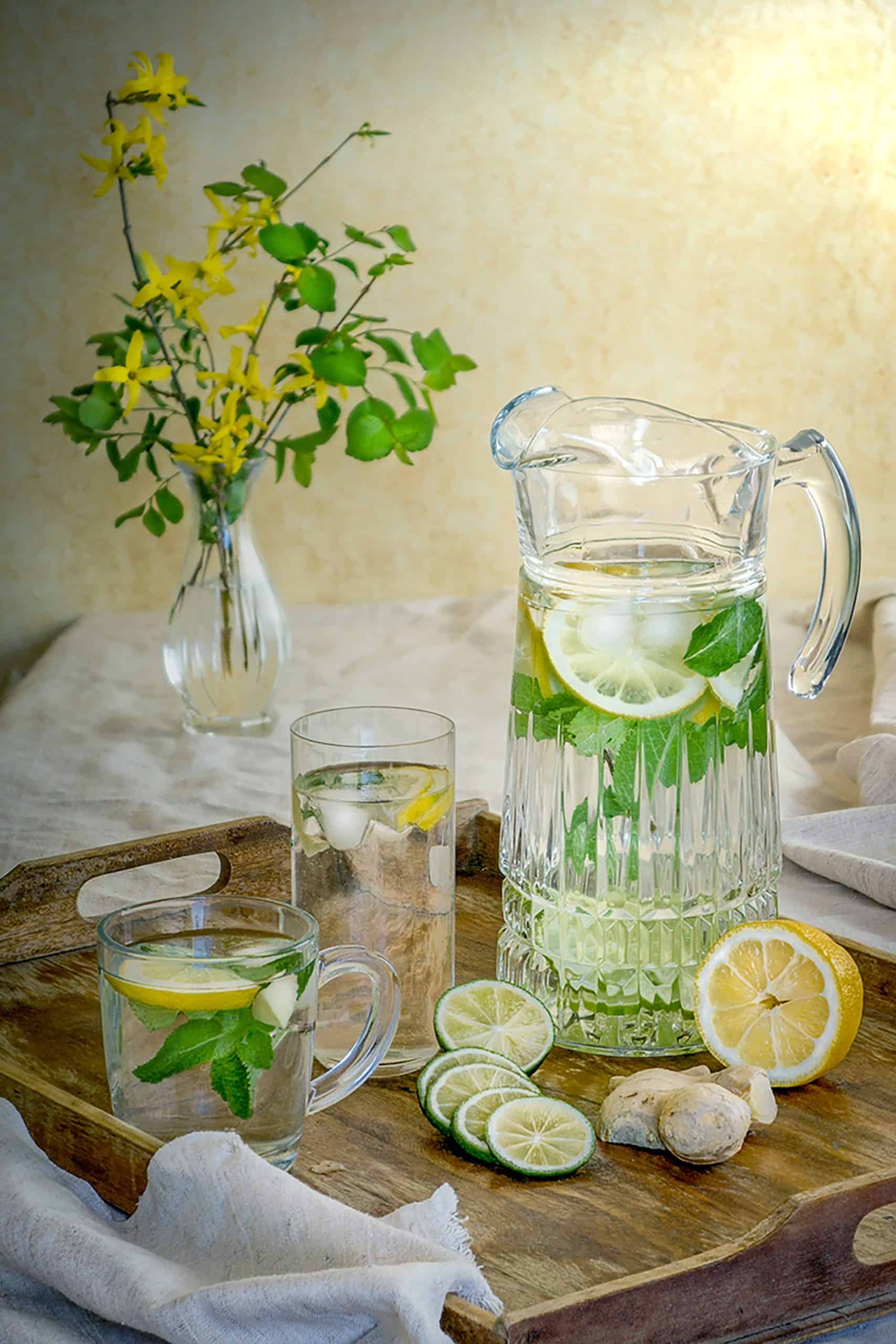Discover 5 Quick Ways To Keep A Senior Loved One Hydrated Without Nagging
Everyone, especially Pegasus home health care nurses in Calabasas and elsewhere, knows water is essential for life. Yet, they and family caregivers experience difficulty coaxing loved ones to drink enough water without nagging. What are five quick ways to keep seniors hydrated throughout your career as a home health care nurse?
Bodies need adequate amounts of water to function efficiently. Dehydration occurs when water that’s lost isn’t replaced. Individuals of all ages can become dehydrated.
Symptoms of dehydration include:
- Confusion
- Constipation
- Dark-colored urine
- Dizziness
- Dry mouth
- Excessive thirst
- Fatigue
- Headaches
- Infrequent need to urinate
- Muscle cramps
- Rapid breathing
- Rapid heart rate
- Weak pulse
Seniors experiencing these symptoms may attribute them to “how things are now” and disregard them. Some may be afraid to mention problems out of fear of doctors, hospitals, or reactions from family members.
Dehydration Can Have Serious Consequences
As a home health nurse who regularly spends one-on-one time with individuals, you will immediately notice the symptoms. Your knowledge can help prevent serious complications that include:
- Hypovolemic shock (life-threatening loss of blood volume)
- Kidney stones or kidney failure
- Seizures and potential loss of consciousness
- Urinary tract infections
Dehydration also increases the risk of falling in the elderly.
Research shows that dehydration ranks in the top ten reasons why seniors are hospitalized. The elderly are at higher risk for dehydration-linked morbidity and mortality. They spend more time in ICU and have a high rate of readmission.
Causes Of Dehydration
Not drinking enough water is the primary cause of dehydration. But there are many other causes in seniors. Investigating why an individual isn’t adequately hydrated falls within your purview as a home health nurse.
Initially, consider the individual’s overall health. Changes in their bodies due to aging keep hydration elusive for some seniors. For example, the elderly often lose the muscle mass in which water is stored.
Their kidneys may lose some of the ability to conserve water. Some individuals aren’t able to swallow correctly (dysphagia). A diminished sense of thirst keeps some seniors from staying hydrated.
A senior coping with incontinence often refuses to drink water. Diuretics can lead to dehydration. Other medications and some illnesses, such as diabetes, make staying hydrated a challenge.
Pinpointing the medical causes for inadequate hydration is only your first step. The next step is asking your patients why they don’t drink more water. They are often your best source of information.
Some think they are drinking enough. Some don’t like the taste of water. Some refuse an offered beverage because they feel pushed to drink it.
How To Keep Senior Loved Ones Hydrated
Getting to know your patients personally is one of the significant advantages you have as a home healthcare nurse. You also get to know their family members and caregivers. You gain an understanding of everyone’s abilities.
Knowing the capabilities of all involved can help you suggest the best ways to keep senior loved ones hydrated. Any of the following five ways should help caregivers stop nagging individuals:
- Accommodating their preferences: give water a flavor they like. Markets have a huge variety of flavored water and flavor enhancers. If their health permits it, offer homemade popsicles, milkshakes, or smoothies.
- Making it convenient: hydration is an all-day effort. Keep something to drink close by. That’s especially important for mobility-impaired individuals. Drinking a big glass of water at one time is difficult for many individuals, but they will consume the same amount in small sips throughout the day.
- Varying the temperature: cold water isn’t everyone’s first choice. Offer water or other beverages at different temperatures. Consider the time of day and season when selecting a drink. For example, many will enjoy a cup of warm broth in the winter.
- Getting rid of boring glasses: choose attractive containers that beckon touch. If a loved one picks up a beverage container, there’s a good chance they will sample what’s in it. Individuals with impaired vision will do better with bright colors. Specialized drinkware helps individuals with tremors, weakness, and other conditions that make holding a cup or drinking difficult.
- Incorporating alternatives: water isn’t the only way to hydrate. You probably know that foods like watermelon have high water content, but there are many others, most of which are also rich in other nutrients. They can be served alone as snacks or added to favorite dishes. Your Pegasus team includes dietitians who can assist with meal planning and preparation if needed.
If your patient has dementia, hydration presents additional challenges. Some forget to drink, others are fearful, among other causes of not drinking. Consider “hydration balls,” which are edible water drops designed to be especially appealing to those with dementia.
Pegasus is a licensed Home Care Organization and a Joint Commission Accredited Home Health Care organization. Our home health care nurses in Calabasas and our other locations strive to improve the quality of life for others. As a career home health care nurse, you can meet the challenge of helping individuals stay hydrated with proactive measures.

